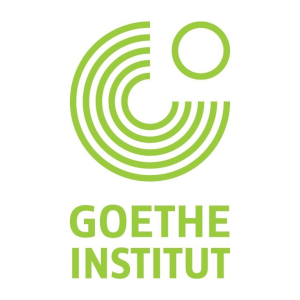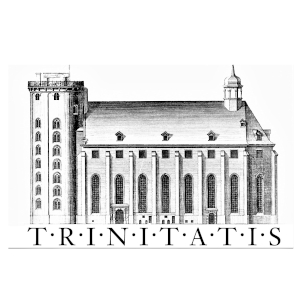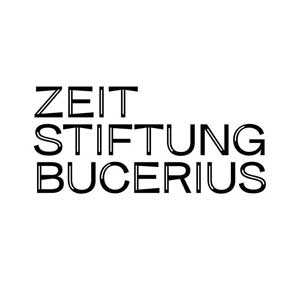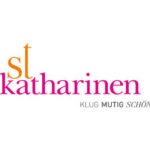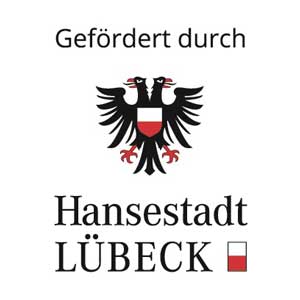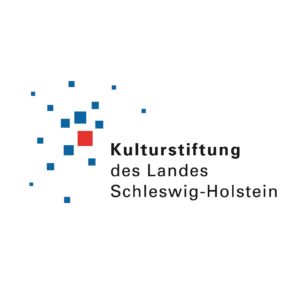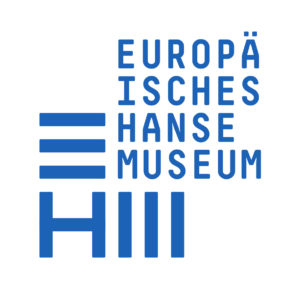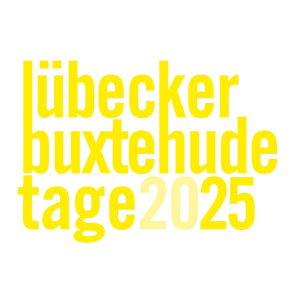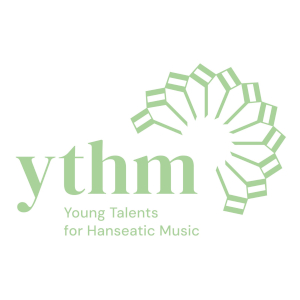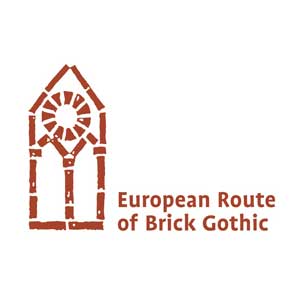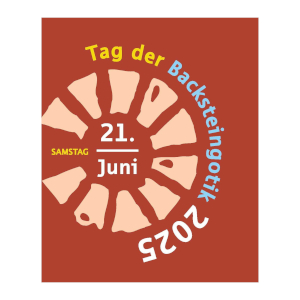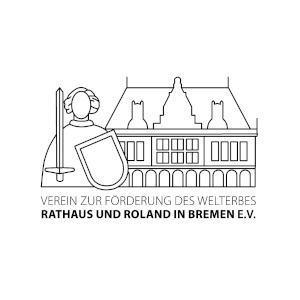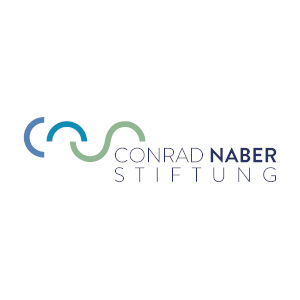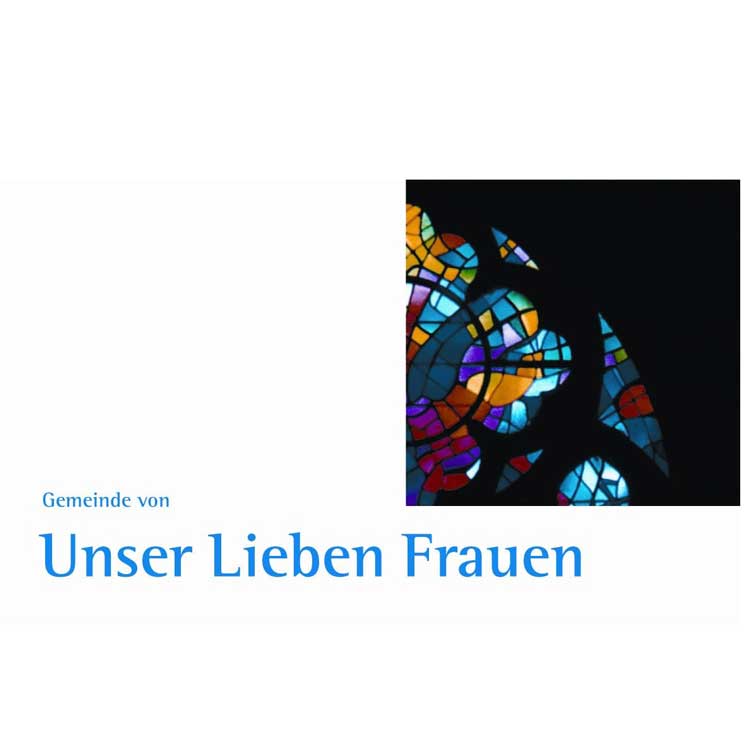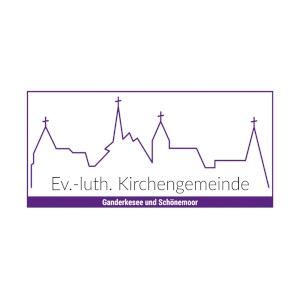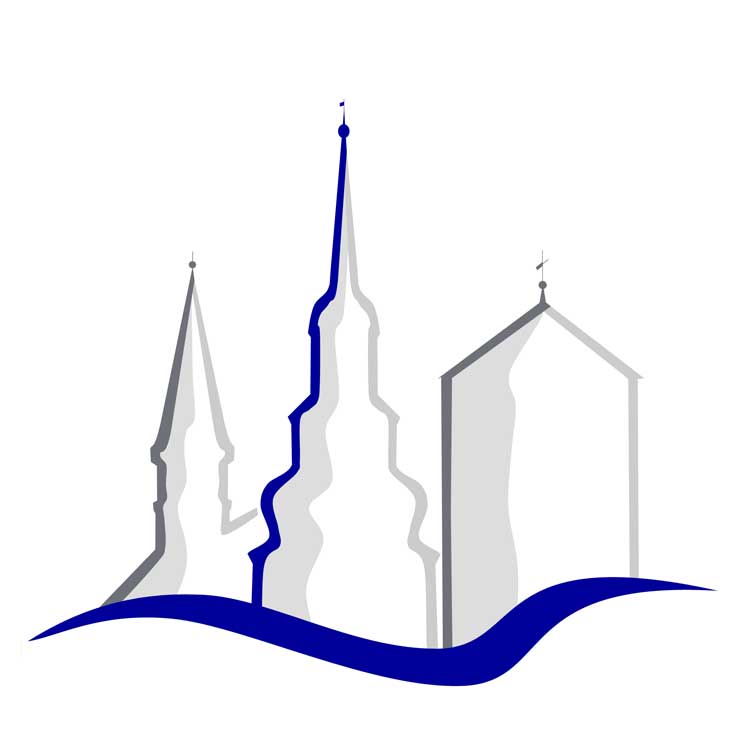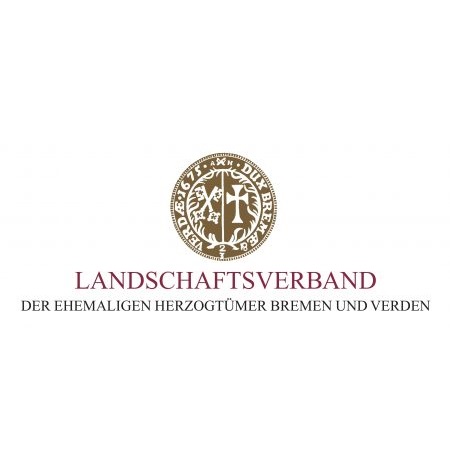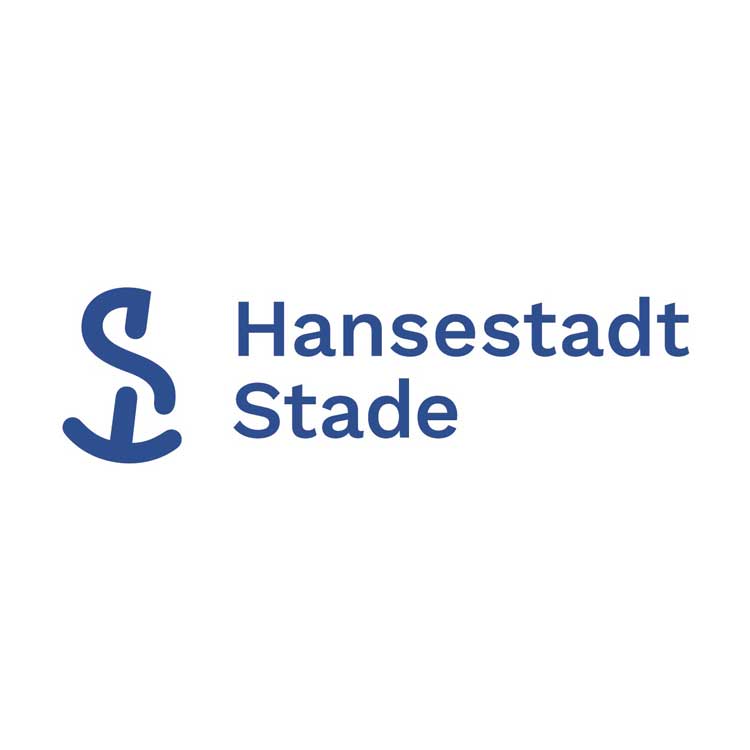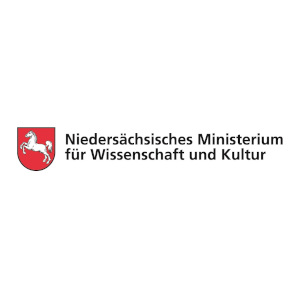Glorious and well-ordered
Hamburg’s musical culture in the 17th century
European Hanseatic Ensemble
Manfred Cordes, conductor
Concert programme
In the 17th century, the Hanseatic city of Hamburg was a first-rate centre of music. Thanks to the fast and uncomplicated access of merchant ships to England, Spain, Portugal and the ‘New World’, Hamburg had long since outstripped the Baltic metropolis of Lübeck (which, however, continued to function as the ‘head of the Hanseatic League’) economically. Just in time for the outbreak of the Thirty Years’ War, the city was protected by extensive fortifications. Hamburg was thus a safe harbour and a safe haven, also for numerous musicians and artists.
The concert programme aims to recreate the early Baroque soundscape of Hamburg in all its splendour and give the composers mentioned below a chance to let them be heard. At the beginning of the 17th century we find Hieronymus Praetorius, cantor at St Jacobi and member of a veritable dynasty of organists. In addition to numerous organ works, he left behind a large oeuvre of vocal music, adapting the sonorous splendour of Venice, even though he had never been to Italy himself. His son Jacob Praetorius, organist at St Petri, was also musically productive. Thomas Selle taught music and Latin at the renowned Johanneum and, from 1641, was also the city cantor responsible for organising church music at the four main churches in the city at the time, which he had to ‘serve’ on a regular basis. Matthias Weckmann later became organist at St Jacobi as well. As Thomas Selle’s successor, Christoph Bernhard, the most important pupil of Heinrich Schütz, stayed in the city from 1664 to 1674. Works by Johann Schop and Dietrich Becker, members of the famous ensemble ‘Hamburger Rathsmusik’, can also be heard.
Programme (German only)
Deutschlandfunk Kultur will record the concert in Gothenburg and will broadcast it on 5 December 2025 at 8 p.m.



